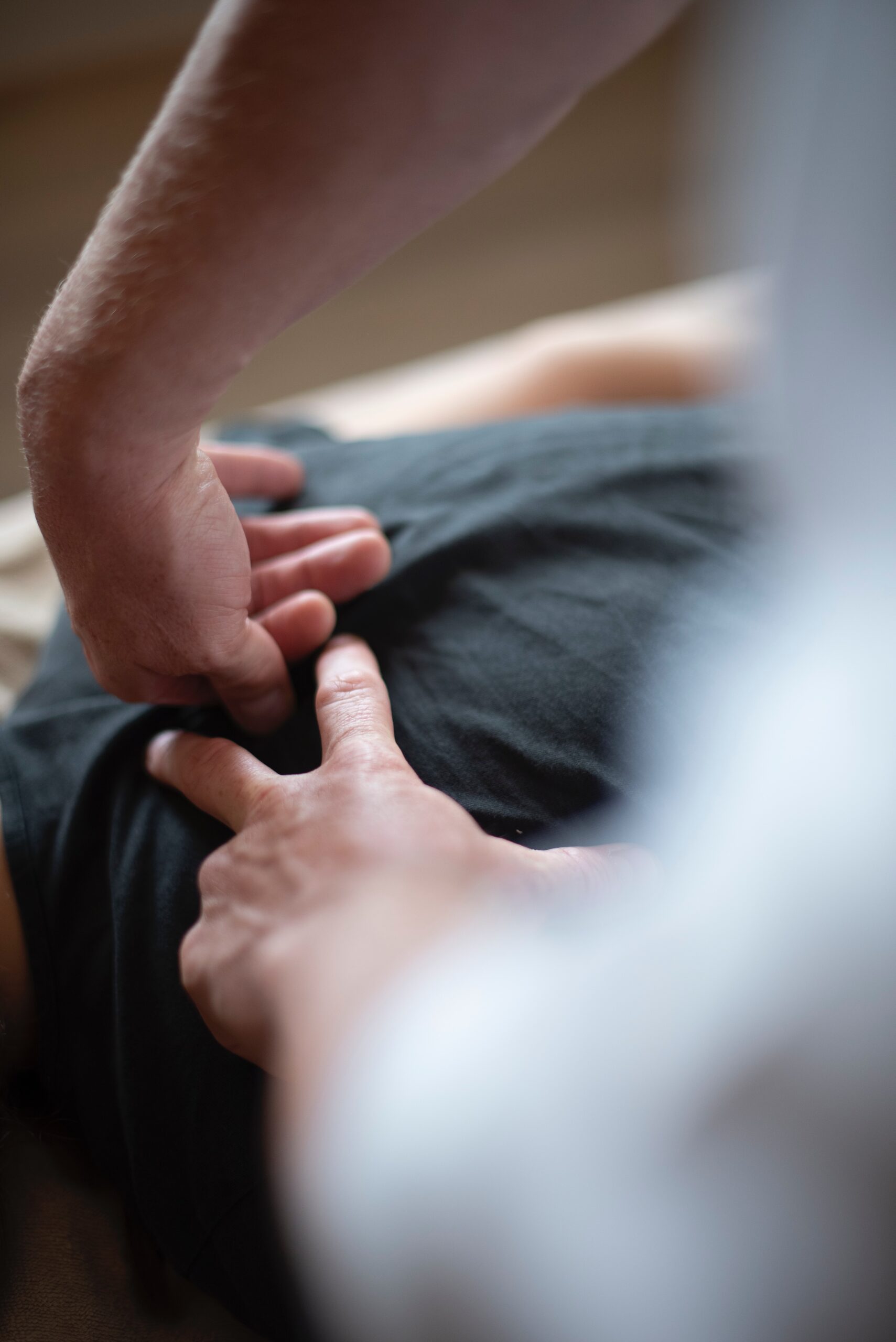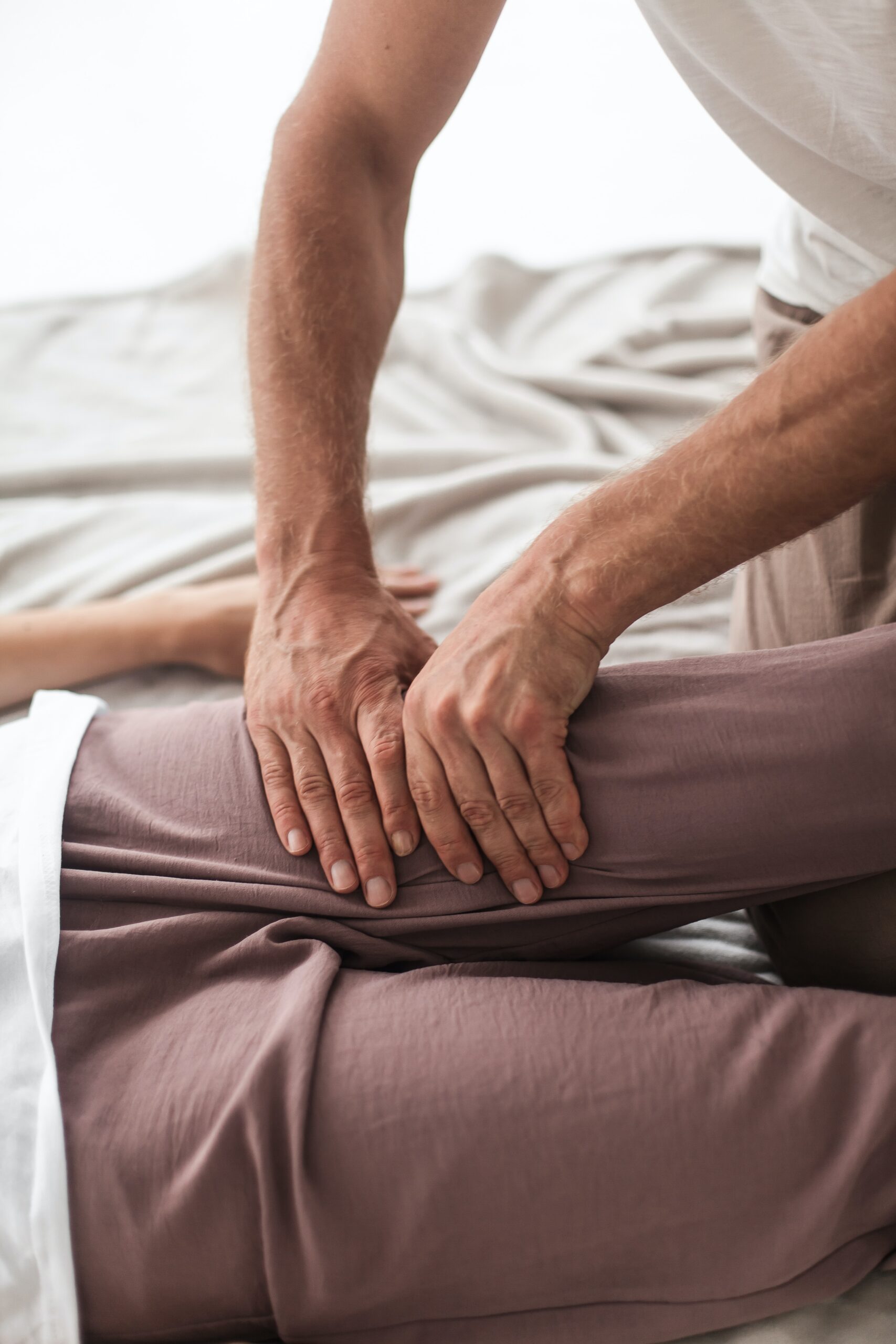
Exploring Complementary Therapies in Prostate Cancer Care
Prostate cancer, one of the most prevalent cancers among men worldwide, poses significant challenges to both patients and healthcare professionals. Conventional treatments such as surgery, radiation therapy, and chemotherapy have made remarkable strides in improving the prognosis for prostate cancer patients.
However, these treatments often come with side effects and can take a toll on the physical and emotional well-being of those facing this diagnosis. In recent years, the integration of complementary therapies has gained recognition as a valuable addition to traditional prostate cancer care.
Complementary therapies, also known as integrative or alternative therapies, encompass a diverse range of practices that extend beyond the realm of conventional medicine. These therapies are not intended to replace standard medical treatments but rather to complement and enhance them.
In this article, we will explore the role of complementary therapies in prostate cancer care, with a particular focus on acupuncture, massage, and other holistic approaches,
In this article, we will explore the role of complementary therapies in prostate cancer care, with a particular focus on acupuncture, massage, and other holistic approaches, shedding light on their potential benefits in alleviating the physical and emotional burdens of prostate cancer.
These therapies offer patients a multifaceted approach to healing that considers not only the disease but also the person as a whole, addressing their unique physical, emotional, and spiritual needs. Let us embark on a journey to discover the transformative potential of complementary therapies in the context of prostate cancer care.
Prostate cancer is more than a physical ailment; it touches every aspect of a patient’s life. It not only challenges the body but also tests emotional resilience and overall well-being. Complementary therapies, rooted in ancient traditions and contemporary holistic approaches, acknowledge this multidimensional impact and aim to provide comprehensive support for prostate cancer patients.
Acupuncture: Balancing Energy for Healing
One of the most renowned complementary therapies for prostate cancer patients is acupuncture. This ancient practice, originating from Traditional Chinese Medicine (TCM), revolves around the concept of Qi, the body’s vital energy. Acupuncturists use thin needles inserted at specific points on the body to stimulate the flow of Qi, promoting balance and healing.
For prostate cancer patients, acupuncture offers several benefits. It can effectively manage cancer-related pain, alleviate chemotherapy-induced nausea and vomiting, and help regulate sleep patterns disturbed by the anxiety and discomfort of the disease. Moreover, acupuncture enhances the immune system, empowering the body’s natural defenses to better combat the disease and reduce the risk of complications.


Pain Management
One of the primary benefits of acupuncture for prostate cancer patients is its effectiveness in pain management. Cancer-related pain, surgery, and radiation therapy side effects often result in chronic discomfort. Acupuncture involves inserting thin needles at specific points on the body, stimulating the release of endorphins, the body's natural pain relievers. By targeting pain pathways, acupuncture can significantly alleviate pain, enabling patients to cope better with their condition.
Nausea and Vomiting Control
Chemotherapy-induced nausea and vomiting can be debilitating for prostate cancer patients. Acupuncture has been shown to reduce the severity and frequency of these side effects. By balancing the body's energy flow, or Qi, acupuncture can mitigate nausea and improve overall well-being.
Enhanced Immune Function
Prostate cancer and its treatments can weaken the immune system, leaving patients vulnerable to infections. Acupuncture can help bolster the immune system by promoting better circulation, balancing Qi, and stimulating the production of immune cells. A stronger immune system can aid in fighting cancer and reducing the risk of infections.
Improved Sleep Quality
Many prostate cancer patients suffer from sleep disturbances, often due to anxiety, pain, or treatment-related side effects. Acupuncture can help regulate sleep patterns by reducing stress, anxiety, and pain. Improved sleep quality contributes to increased energy levels and an overall better sense of well-being.
Stress Reduction and Emotional Well-Being
A prostate cancer diagnosis can bring about significant emotional distress, including anxiety and depression. Acupuncture sessions provide a calming and nurturing environment, promoting relaxation and reducing stress levels. The sense of well-being that comes from acupuncture can have a positive impact on a patient's mental health and emotional resilience.
Enhanced Digestive Health
Gastrointestinal issues are common side effects of prostate cancer treatments. Acupuncture can help alleviate symptoms such as bloating, constipation, and diarrhea by restoring balance to the digestive system. Improved digestive health contributes to better overall comfort and quality of life.

Holistic Healing
Acupuncture is based on the principles of TCM, which consider the body, mind, and spirit as interconnected. It provides a holistic approach to healing, addressing not only physical symptoms but also emotional and spiritual well-being. Many prostate cancer patients find acupuncture sessions to be a source of deep relaxation and a chance to reconnect with themselves.
Massage Therapy: The Healing Touch
Massage therapy is another complementary approach that holds promise in prostate cancer care. It provides a comforting and nurturing experience that extends beyond mere relaxation. For patients grappling with the physical and emotional challenges of prostate cancer, massage therapy offers an array of advantages.
Massage can effectively alleviate pain and muscle tension, common side effects of cancer and its treatments. The gentle kneading and manipulation of soft tissues promote better circulation, leading to reduced swelling and enhanced tissue repair. Moreover, massage therapy contributes to stress reduction, improved sleep quality, and emotional well-being. It offers prostate cancer patients a sense of empowerment and relaxation, allowing them to regain control over their bodies and minds.
Recommended Exercise Frequency
The Physical Toll of Prostate Cancer
Prostate cancer and its treatments can take a significant physical toll on patients. Common treatments, such as surgery, radiation therapy, and hormone therapy, often result in side effects like muscle tension, joint stiffness, fatigue, and pain. These side effects can be debilitating and significantly impact a patient’s quality of life. This is where massage therapy comes into play as a valuable complementary approach.
Pain Management
One of the primary benefits of massage therapy for prostate cancer patients is pain management. Cancer-related pain, as well as pain stemming from treatments like surgery or radiation therapy, can be chronic and distressing. Massage therapy can provide relief by releasing endorphins, the body's natural painkillers. The gentle kneading and manipulation of soft tissues can help reduce muscle tension and alleviate pain, allowing patients to better cope with their condition.
Improved Circulation
Prostate cancer patients often experience reduced blood circulation due to the disease itself and the side effects of treatment. Massage therapy can enhance blood flow, which can be particularly beneficial in minimizing edema (swelling) and promoting the healing process. Improved circulation also assists in the delivery of oxygen and nutrients to the affected areas, aiding in tissue repair.
Stress and Anxiety Reduction
A prostate cancer diagnosis can cause profound emotional distress, leading to anxiety, depression, and a diminished overall sense of well-being. Massage therapy is renowned for its ability to reduce stress and anxiety by triggering the relaxation response. The tactile comfort of massage can provide a respite from the psychological burdens of cancer, helping patients regain a sense of control and tranquility.
Enhanced Quality of Sleep
Many prostate cancer patients struggle with sleep disturbances, which can exacerbate fatigue and emotional distress. Massage therapy promotes better sleep by calming the nervous system and encouraging relaxation. Improved sleep patterns can contribute to increased energy levels and a more positive outlook on life.
Improved Range of Motion
Cancer and its treatments can lead to muscle atrophy and reduced range of motion, making everyday activities challenging. Massage therapy, through its gentle stretching and manipulation techniques, can help improve flexibility and mobility. This can empower patients to regain independence and engage in physical activities they enjoy.
Emotional Support
Massage therapy is not just about physical healing; it offers a profound emotional connection. Skilled massage therapists are often empathetic listeners who create a safe space for patients to express their feelings and fears. This emotional support can be invaluable in the journey of coping with prostate cancer.
Sense of Empowerment
Receiving massage therapy can give prostate cancer patients a sense of agency over their bodies and their healing process. It fosters self-care and encourages patients to take an active role in their well-being.
Conclusion
In the realm of prostate cancer care, complementary therapies are not meant to replace conventional treatments but to work in harmony with them. The power of these therapies lies in their ability to provide a holistic approach to healing, addressing not only the physical symptoms but also the emotional and spiritual well-being of patients.
The journey of a prostate cancer patient is fraught with physical and emotional challenges. Acupuncture, as a complementary therapy, offers a range of benefits that can significantly improve a patient’s quality of life.
From pain management to emotional support, immune system enhancement, and improved sleep, acupuncture plays a vital role in alleviating the burdens of prostate cancer. Its holistic approach to healing, based on centuries-old wisdom, offers prostate cancer patients a valuable tool for managing their condition and enhancing their overall well-being.
Massage therapy provides complementary healing to help manage the physical toll of prostate cancer therapy. Benefits include improved circulation, pain management, improved quality of sleep, anxiety and stress reduction, improved range of motion as well as emotional support among other benefits.
By considering the whole person and tailoring treatments to individual needs, these therapies offer patients a path to healing that is both comprehensive and transformative. Together with conventional treatments, complementary therapies provide a holistic approach to prostate cancer care that empowers patients to face this challenging journey with strength and resilience.
